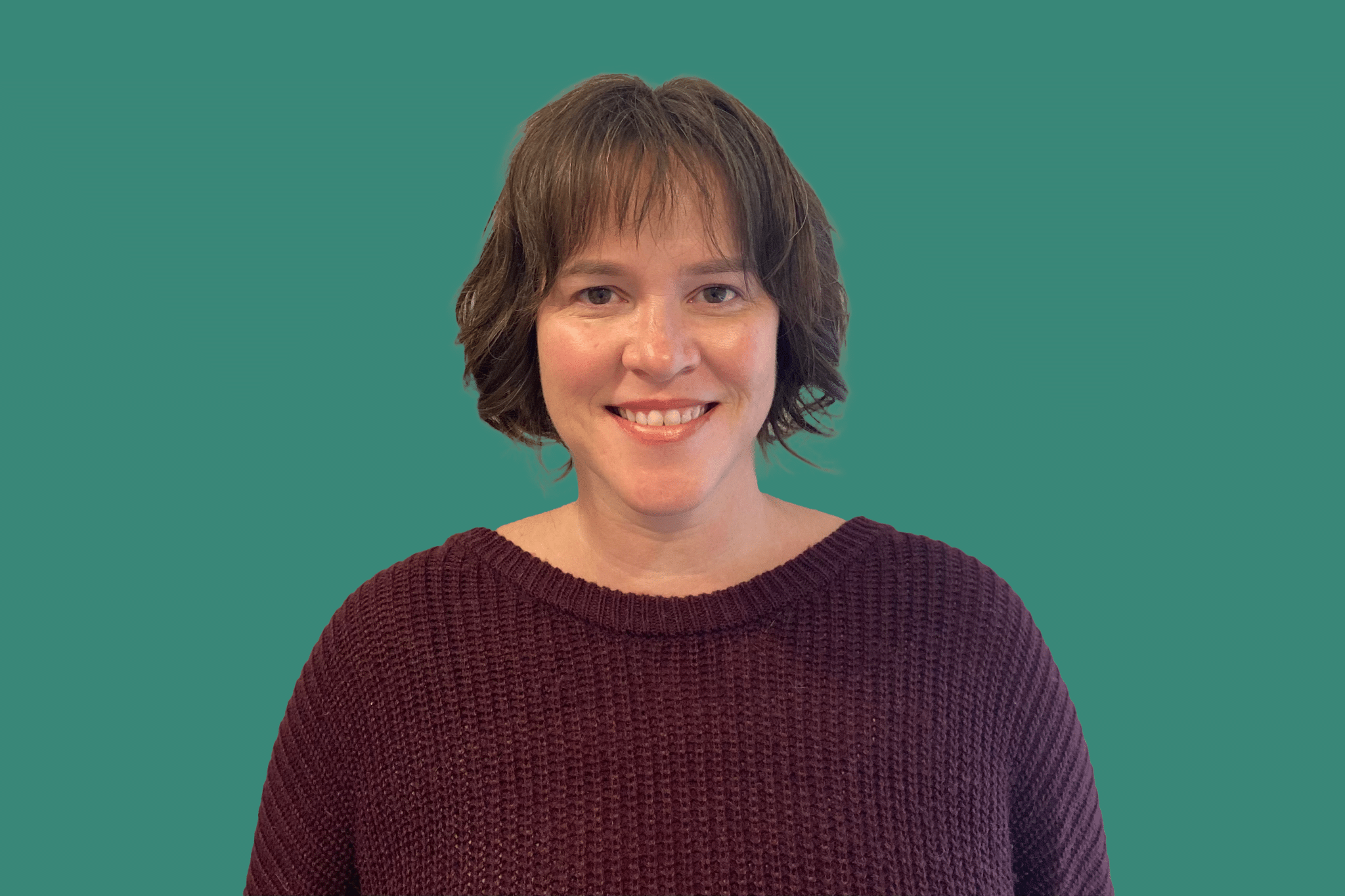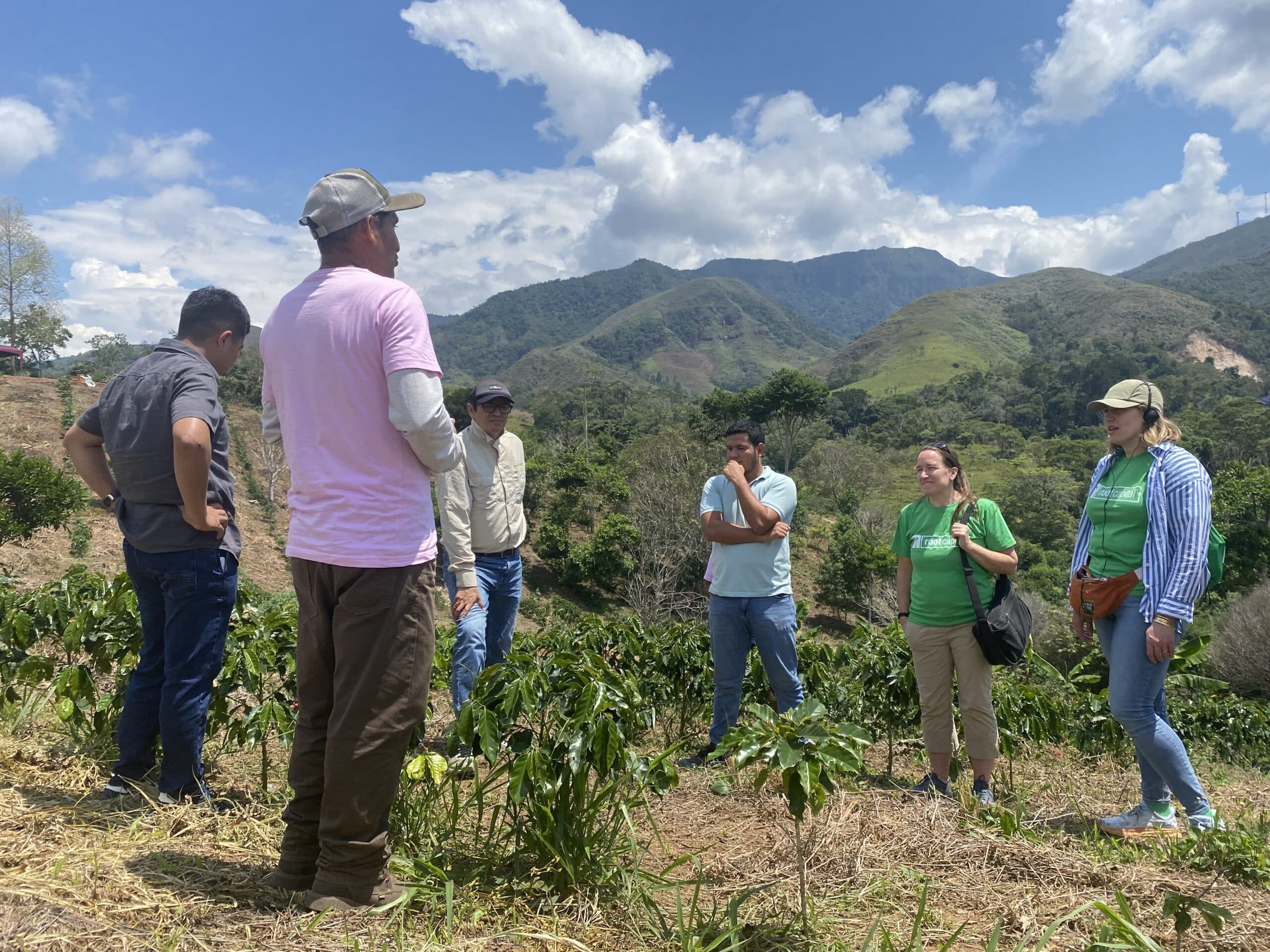
The Land of Fairtrade Coffee
Peru’s coffee is renowned for two reasons: one, its exquisite flavor profile, ranking among the finest in the world, and, two, its leadership in Fairtrade practices. In 2020, Peru exported $60 million worth of coffee to other countries and continues to be the foremost exporter of Fairtrade coffee worldwide.
The majority of Peru’s coffee producers are smallholder farmers in remote areas. They must contend with challenges such as restricted market access, financial constraints, and operational inefficiencies. Some of these producers opt to start or join agricultural enterprises, with the hopes of improving their business prospects. There are roughly 80 coffee cooperatives in Peru, representing approximately 20% of the country’s coffee farmers.
The coffee is produced throughout the eastern slope of the Andes and production is concentrated in three main growing areas: Chanchamayo, Amazonas, and San Martín.
“La Selva”
Earlier this year, along with six Root Capital colleagues, I traveled to the San Martín region to visit with multiple coffee and cacao clients. After a short flight from Lima to Tarapoto and a 2.5-hour drive, we arrived in Moyobamba. Situated in northern Peru, San Martín boasts a verdant landscape that intertwines with the Amazon rainforest and is characterized by warm temperatures and high humidity. Peru’s claim to the Amazon, second only to Brazil, is locally and affectionately known as “la Selva”-“the jungle.”
Peruvians respect la Selva’s lush green landscapes, diverse ecosystems, and variety of flora and fauna, and conservation efforts are paramount. They understand that safeguarding this natural treasure and producing environmentally-friendly coffee go hand in hand. This approach has garnered attention from conscientious consumers who seek sustainable and organic products.
Root Capital in Peru
Root Capital has been working to build rural prosperity in Peru since 2011, and today the country is the hub for some of our most innovative work. We have more than 25 staff based in Lima, representing our second biggest office after our Cambridge, MA headquarters. This team manages a sizable cohort of both mature and early-stage clients, enabling us to pilot, customize, and refine our financing and advisory services, based on the specific challenges and opportunities present in Peruvian markets. Today, 85% of our clients in Peru work in the coffee sector, 11% in cocoa, and 4% in both coffee and cocoa.
Cooperativa Agraria de Productores de Alonso de Alvarado
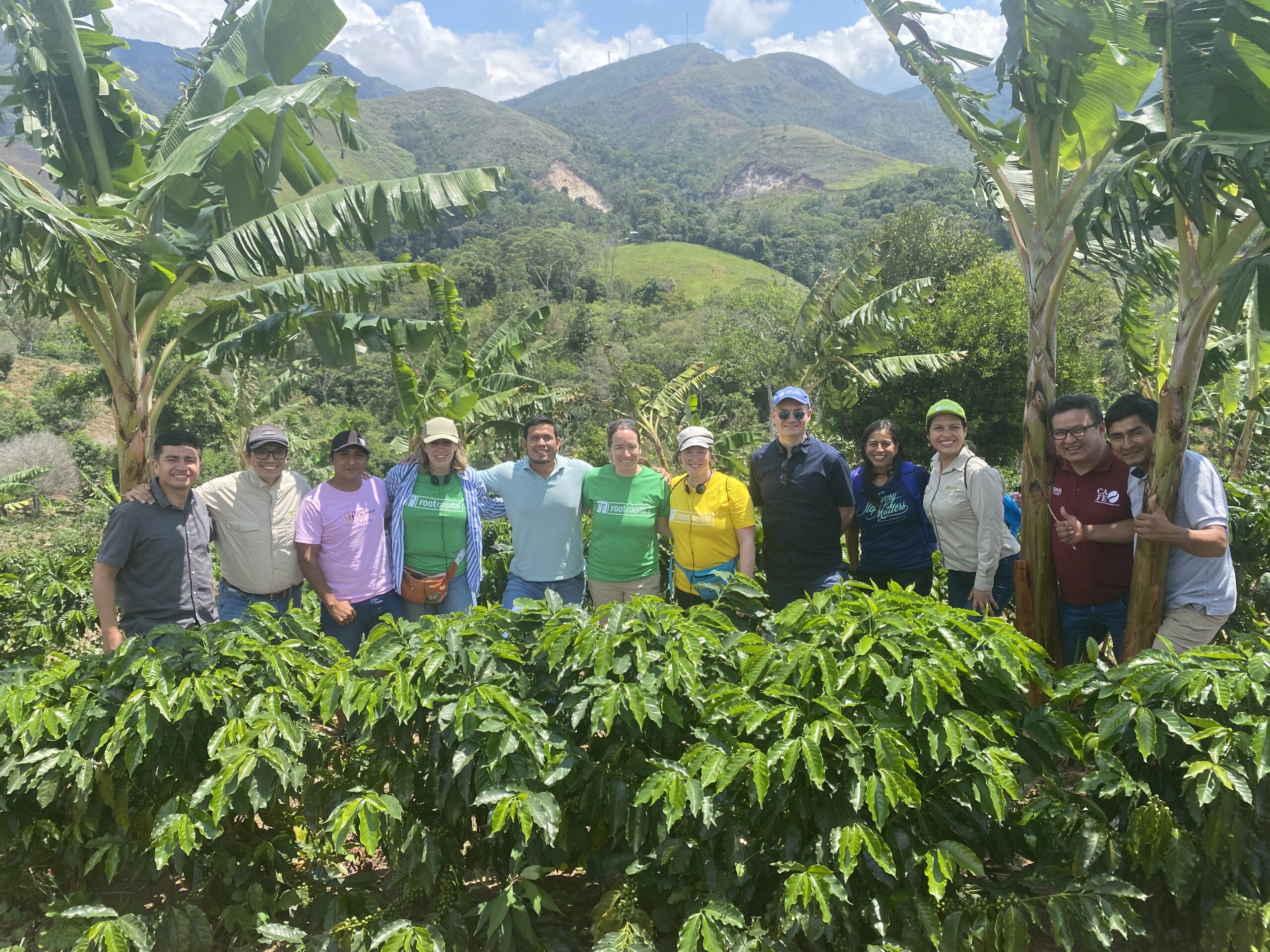
Cooperativa Agraria de Productores de Alonso de Alvarado (CAPAA) was established in 2013 and has 240 active members, who manage more than 700 hectares of land. CAPAA prides itself on being a “new generation” of coffee growers in San Martín. The average age of CAPAA employees and producers is just 35 years old. The majority of employees are children of coffee producers, who learned the business from a young age; they witnessed their parents navigate the coffee rust crisis, climate shocks, and financial turmoil. In 2017, they joined the leadership ranks and took the cooperative in another direction.
This team prioritized high-quality coffee and set out to achieve multiple certifications, including organic, Fairtrade, and Rainforest Alliance. Today, they produce consistently high-quality coffee, with average ratings of 84 and above, and have a loyal customer base.
Many of these improvements are due to the leadership of 26-year-old Omar García Mendoza, who assumed the role of general manager in 2023. Omar is a San Martín native and the son of a coffee producer in the Alonso de Alvarado area. At the age of 16, he started working at the Alto Mayo Cooperative in Moyobamba as a field technician. He quickly caught the eye of the managers, who invited him to learn the commercial side of the business. Omar took part in every training and workshop he could-post-harvest, fermentation, technology, pricing, leadership, and more-and studied at the Swiss Coffee Trade Association.
Whereas many agricultural enterprises struggle to find young talent, this has not been a challenge for CAPAA. According to Omar, his friends see his success and approach him, asking him how they too can build a career in agriculture. Omar loves the passion and ambition of the young team; he believes their minds are more “abierta”-open to new practices, approaches, and innovation to achieve their ambitious goals.
We have the team. We have the field. We need the support.
– Omar García Mendoza, General Manager
In 2021, CAPAA contacted Root Capital to explore financing opportunities. In the years since, Root Capital has loaned CAPAA $600k and has provided free training in the areas of business management, financial planning, and data management and integration.
CAPAA hosted the Root Capital team on the last day of our trip. They gave us a tour of their operations, shared a meal with us, and even treated us to a music and dance performance by local youth.
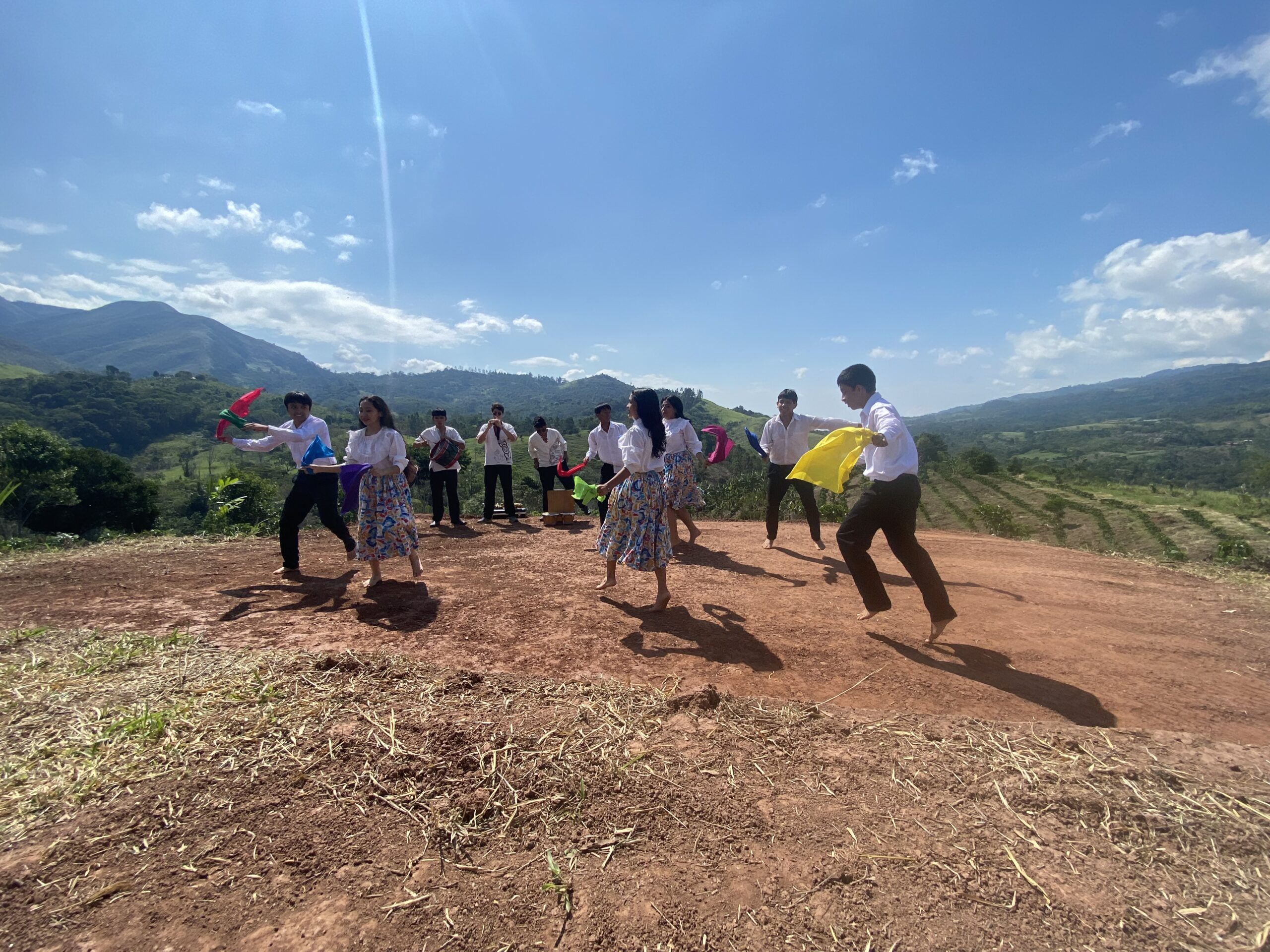
Robusta: Resilient Coffee
Root Capital clients, like CAPAA, are on the front lines of a changing climate, the impacts of which directly affect their communities and livelihoods. In fact, roughly half of Peru’s coffee land is thought to become unsuitable for coffee production by mid-century.
The onset of a “Coastal El Niño” climate phenomenon brought an abnormally heavy rainy season to Peru last year. The season was characterized by torrential rains, landslides, mudslides, and widespread flooding. This extreme weather destroyed homes and roads, displaced tens of thousands of residents, and caused widespread interruptions in school and business operations. In the coffee- and cacao-producing areas where Root Capital’s clients are located, it also created a more favorable environment for the spread of diseases such as dengue.
One of the ways that CAPAA is responding to the climate crisis is through regenerative agriculture. They are revisiting abandoned areas where coffee once grew, and replanting with agroforestry techniques. Agroforestry is the practice of intentionally combining trees with shrubs and crops (like coffee) to create a resilient ecosystem that benefits farmers, biodiversity, and the climate.
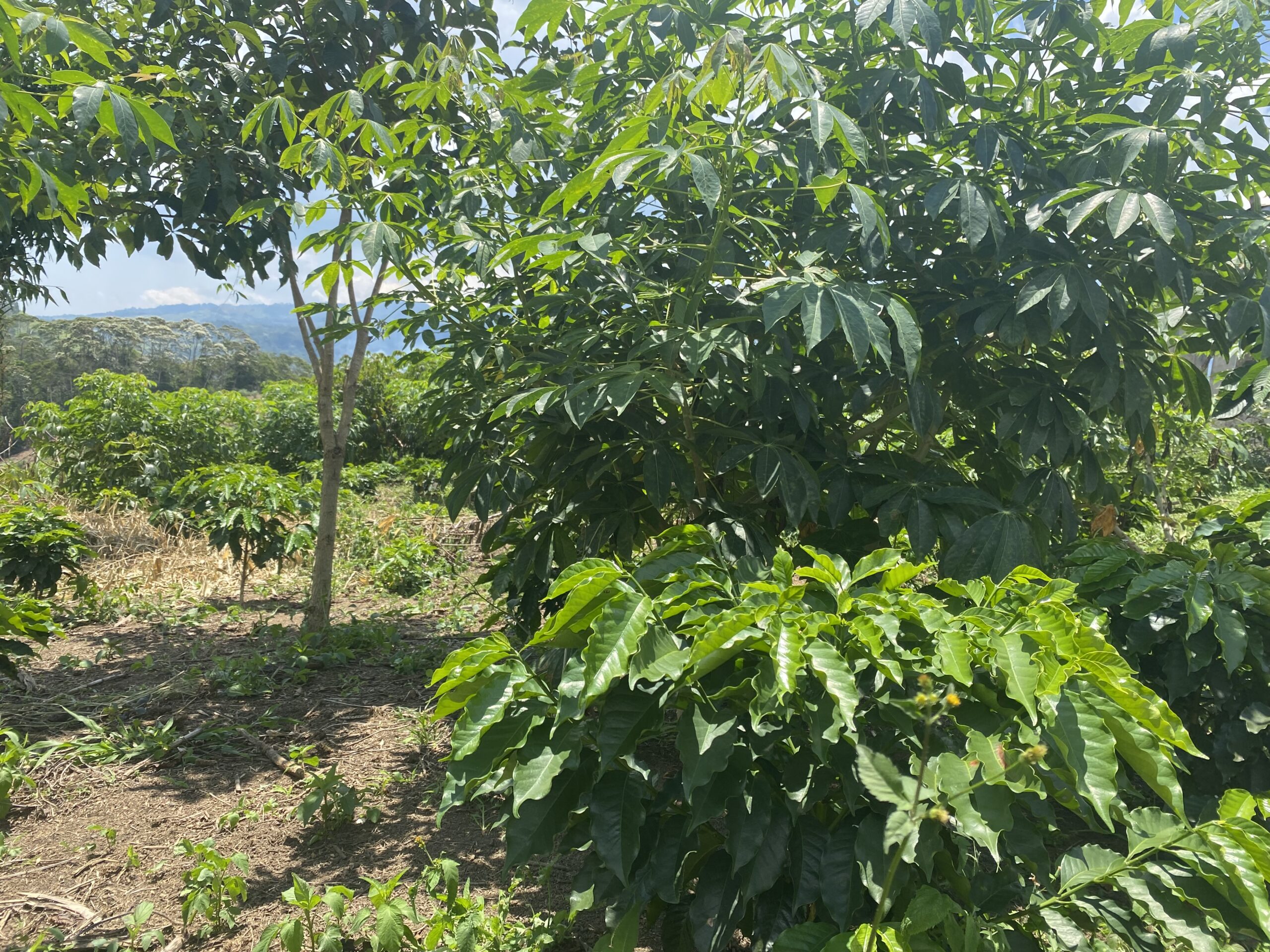
CAPAA has planted Robusta coffee instead of the more traditional Arabica coffee because of its resilience to a changing climate. Robusta plants are hardier and can withstand warmer temperatures and lower elevations. They are more resistant to pests and diseases, making them easier to cultivate. Robusta also tends to have a higher caffeine content and is known to have a more bitter taste-but, of course, that is a matter of personal preference.
What’s Next?
Root Capital’s financing and training opportunities for specific clients vary from year to year and are dependent on a suite of variables. However, as we told CAPAA during our visit, we are committed to being a long-term partner for this growing cooperative and are excited to see where their entrepreneurial spirit takes them.
For anyone planning to attend the Specialty Coffee Expo, you can catch Root Capital staff, Omar García Mendoza of CAPAA, and our mutual partner, Keurig Dr Pepper, at our panel, “The Transformative Power of Corporate/NGO Partnership in Building Rural Prosperity” on April 13.
You may also be interested in...
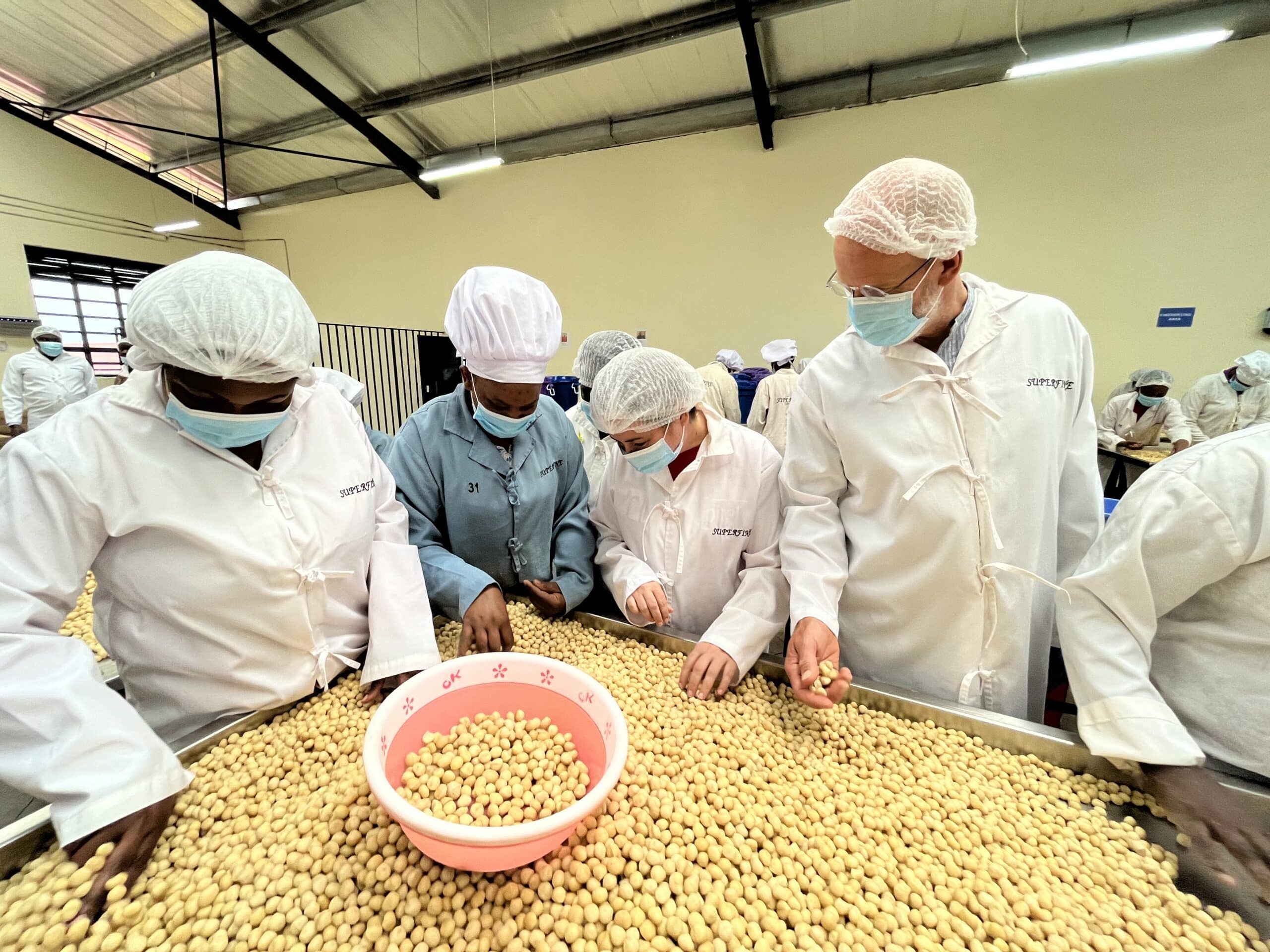
A Journey Into the Heart of Kenya’s Macadamia-Processing Region
Date:
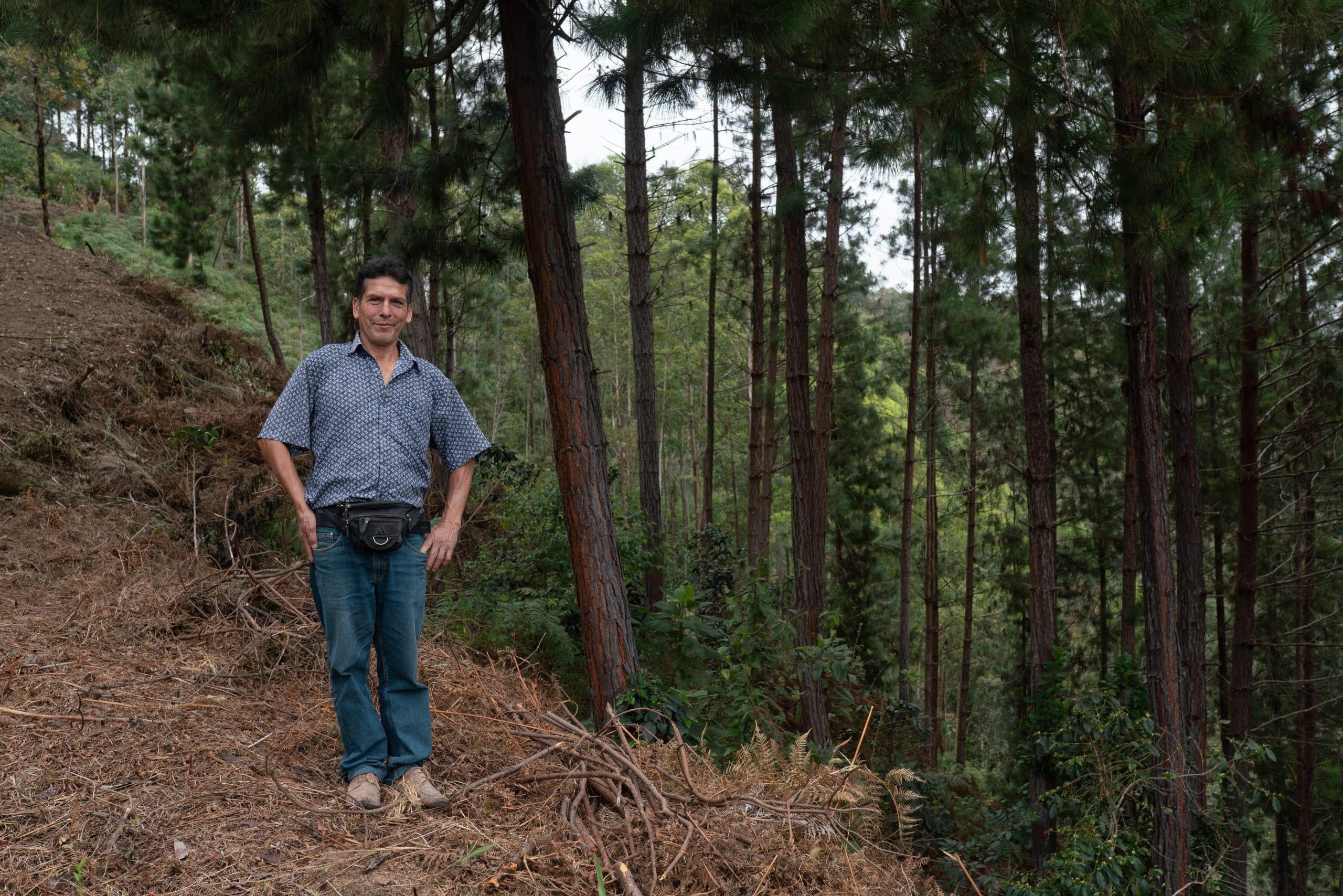
Carbon, Climate, and Coffee: Paying Farmers for Their Efforts to Combat Climate Change
Date:
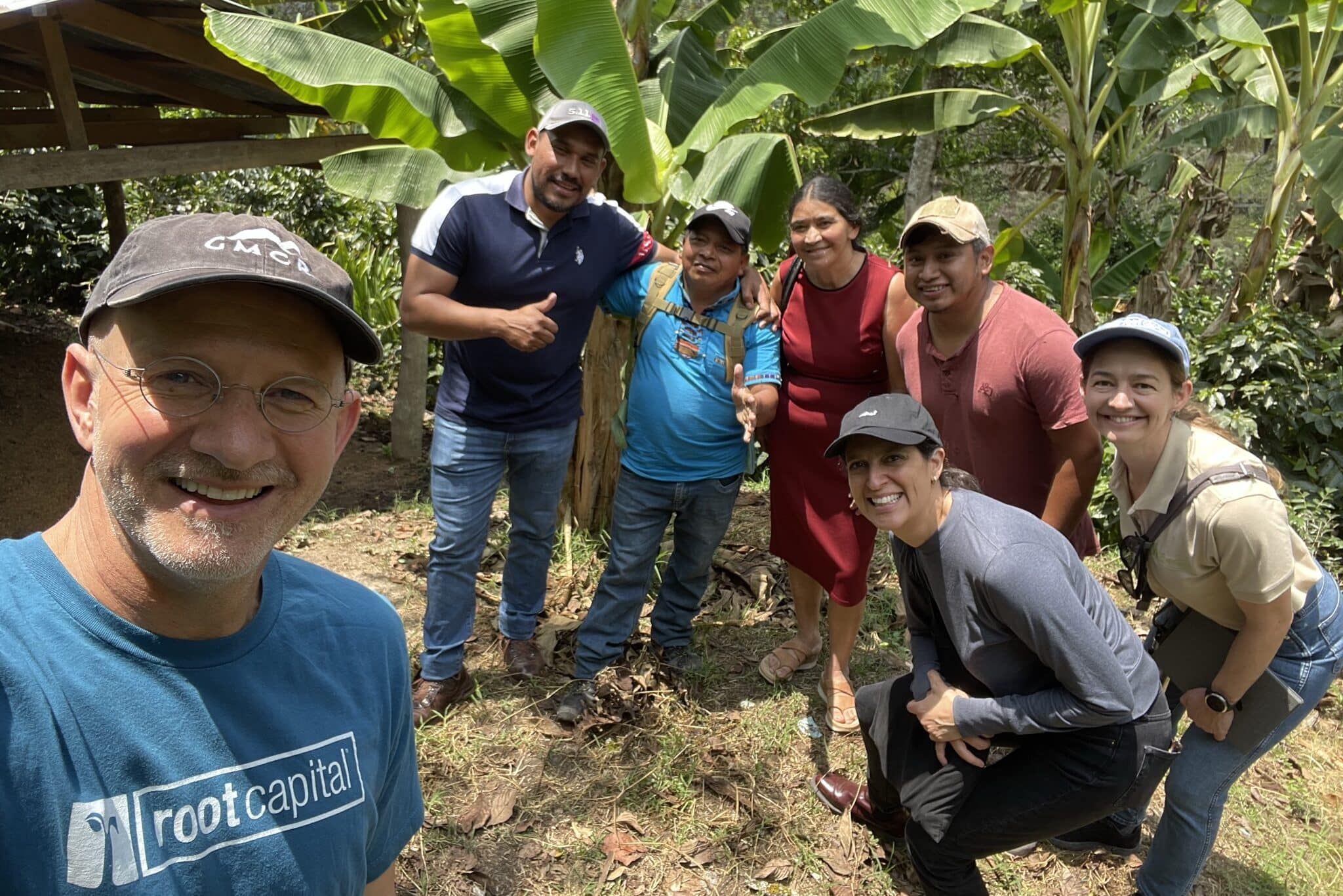
IN PHOTOS: How Small Businesses Are Driving Rural Prosperity and Tackling Climate Change in Honduras
In March, I went on my fourth trip with Root Capital—one very near and dear to my heart because it was to my home country: Honduras. As someone who was born and grew up there—and who has since spent a career working to address the challenges of poverty, climate change, and migration in this region and beyond—it was very meaningful to once again be amid the verdant farms and vibrant communities at the heart of this work…
Date:
